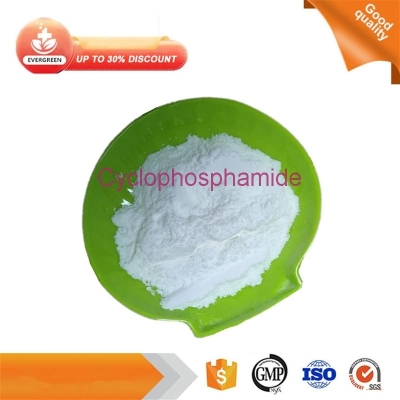-
Categories
-
Pharmaceutical Intermediates
-
Active Pharmaceutical Ingredients
-
Food Additives
- Industrial Coatings
- Agrochemicals
- Dyes and Pigments
- Surfactant
- Flavors and Fragrances
- Chemical Reagents
- Catalyst and Auxiliary
- Natural Products
- Inorganic Chemistry
-
Organic Chemistry
-
Biochemical Engineering
- Analytical Chemistry
- Cosmetic Ingredient
-
Pharmaceutical Intermediates
Promotion
ECHEMI Mall
Wholesale
Weekly Price
Exhibition
News
-
Trade Service
In recent years, the way of life of human beings has changed dramatically, and many people are sleepy during the day and do not start to be busy until the evening; There are also people who are "busy" day and
Circadian rhythm (circadian clock) is an evolutionary molecular mechanism that regulates physiological time based on natural light dominating to maintain homeostasis
On September 29, 2022, a research team led by Professor Katja A.
The study revealed that the link between circadian rhythm disorders and cancer is related to body temperature, suggesting that chronic increases in signaling by members of the heat shock protein family may be a key molecular link
Several previous human and animal studies have shown that disrupting circadian rhythms through genetic or environmental factors increases lung cancer risk
The KRAS gene mutation is known to be a common oncogenic event in lung cancer and other epithelial cell carcinomas, and it is also a biomarker
In the new study, the research team manipulated the light time for 8 weeks in a mouse model of KRAS lung cancer: a group of mice were placed in a normal light cycle, i.
The research team first assessed the extent
In addition, mice exposed to irregular and ever-changing light patterns increased tumor load by 68 percent
Further RNA sequencing and gene expression analysis showed that the circadian rhythm mechanism in the lungs of mice with "chaotic work and rest time" was severely disrupted, and the heat shock response was chronically elevated
Professor Katja Lamia, the paper's corresponding author, said HSF1 has been shown to increase the incidence of tumors in several different cancer models, but it has never been found to be associated
Professor Katja Lamia
The new study demonstrates that long-term circadian rhythm disturbances enhance the expression
The research team speculated that the increase in HSF1 activity was the body's response
Dr.
Given the growing evidence that HSF1 can promote tumorigenesis, this means that a long-term increase in HSF1 signaling could be a key molecular link
Taken together, the study not only gave us an understanding of the effects of circadian rhythms on cancer, but also helped scientists find a preventative way to protect people
Thesis Links:







